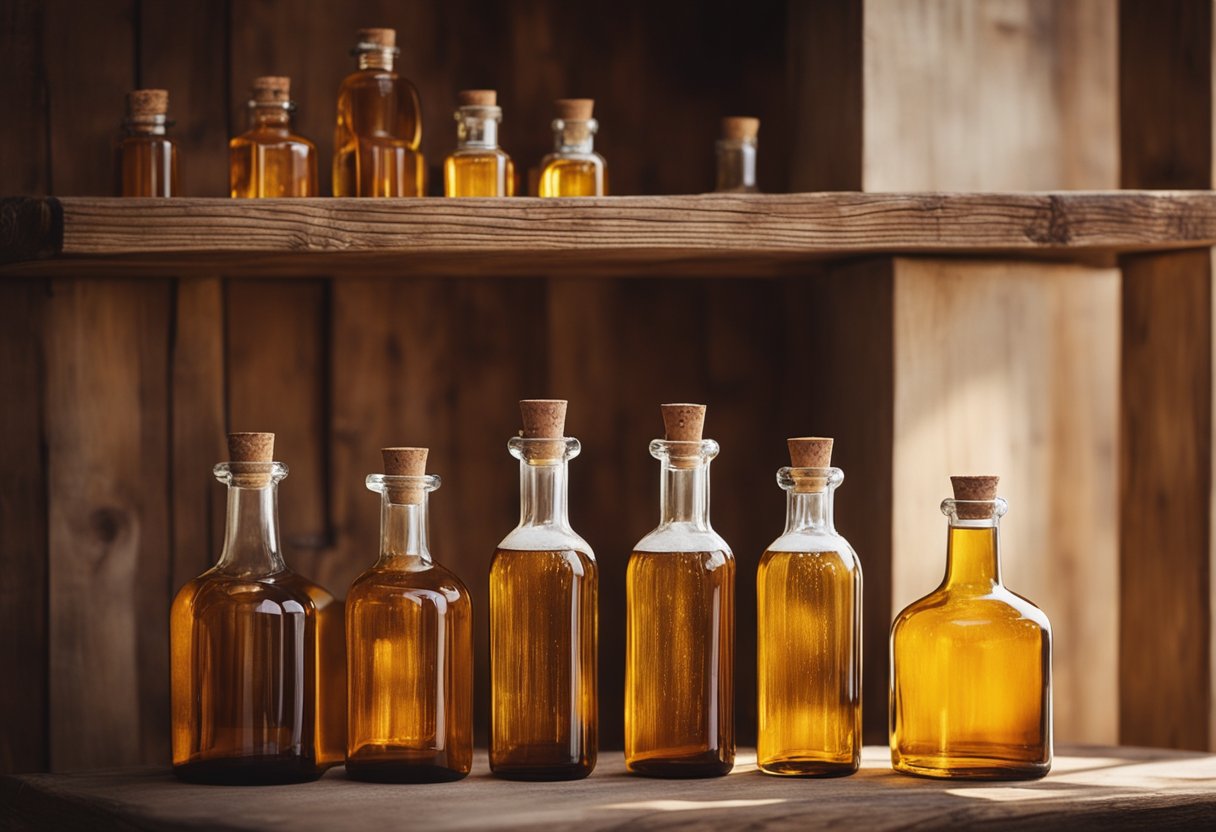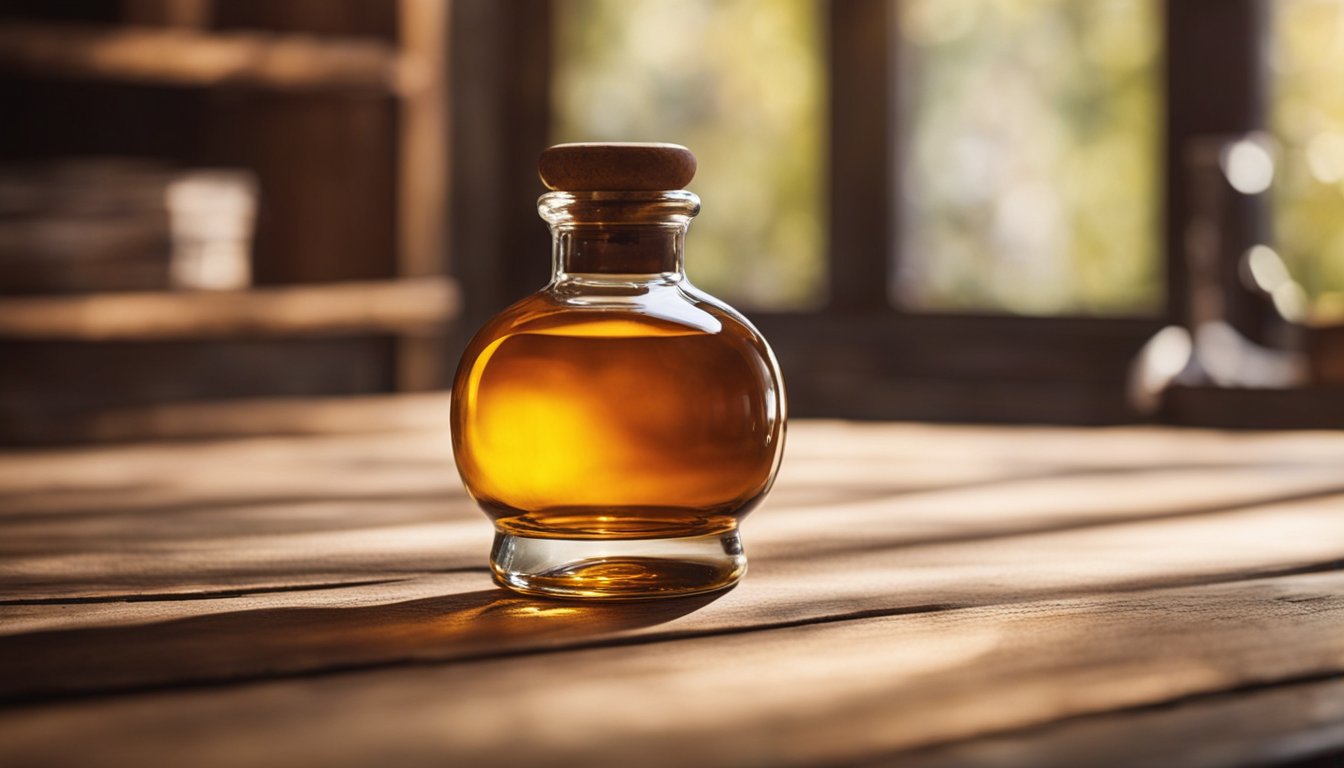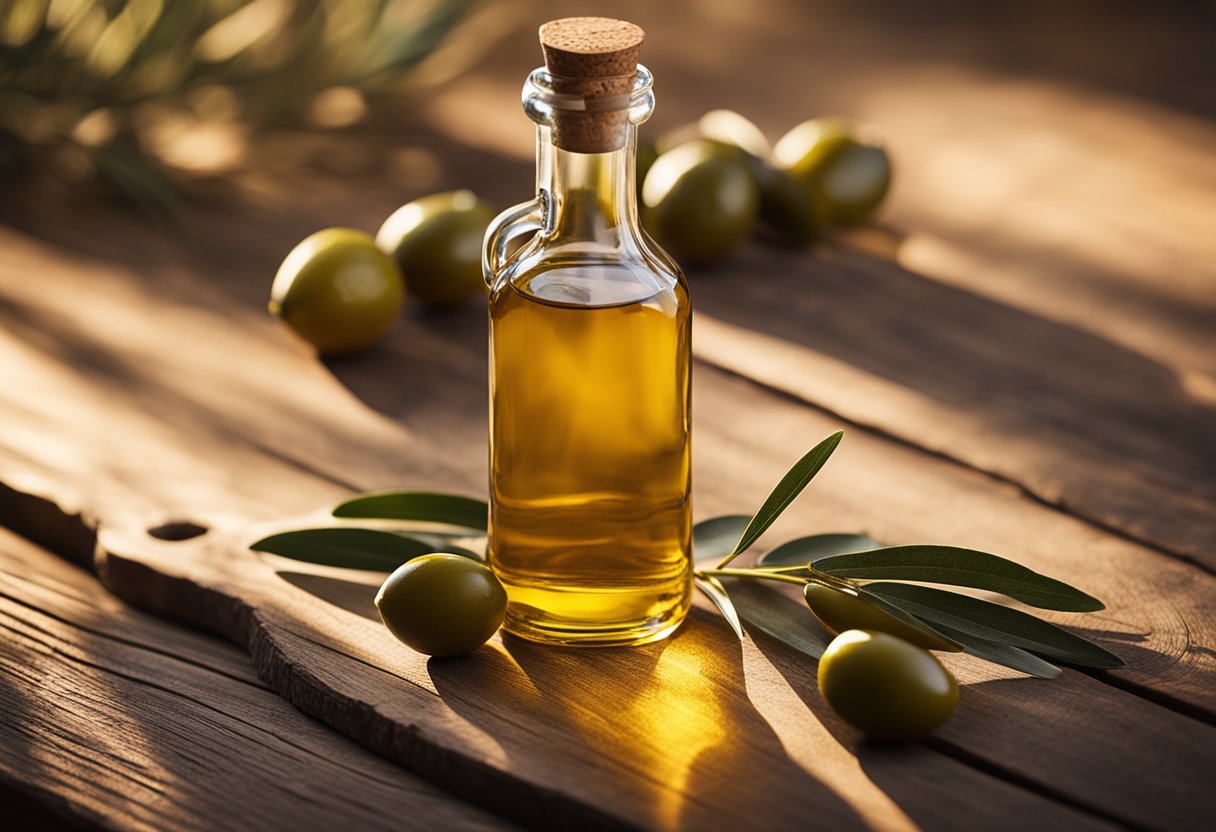Glass containers are an essential part of packaging in the food and beverage industry. They provide a transparent, durable, and safe option for storing and transporting food and drinks.
In this article, we will explore the different types of glass containers available for the food and beverage industry and how to choose the right type for your product.
Benefits Of Glass Containers In The Food And Beverage Industry:
Glass containers have become an increasingly popular choice in the food and beverage industry. They provide several advantages over other types of packaging materials, making them a preferred option for storing, transporting, and displaying food and drinks.
Next, we will explore the benefits of glass containers in the food and beverage industry, highlighting their advantages over other materials.
Safety and Hygiene:
Glass containers are non-toxic and do not release harmful chemicals into the food or beverage. This makes them a safe option for packaging and storing food products.
Unlike plastic containers, glass containers do not contain any harmful substances that can leach into food or beverage, ensuring that the product is safe for consumption.
Additionally, glass containers are easy to clean and sanitize, making them a hygienic option for food storage and transportation.
Airtight Seal:
One of the significant benefits of glass containers is their ability to provide an airtight seal. This is particularly important for food and beverage products that need to be kept fresh and protected from air and moisture.
Glass containers come with airtight lids or closures that ensure the freshness and quality of the product inside. This is particularly important for products such as coffee, tea, and spices, which can lose their flavor and aroma when exposed to air.
Environmental Sustainability:
Glass containers are an environmentally sustainable option for packaging and storing food and beverage products. Unlike plastic containers, glass containers are 100% recyclable and can be reused multiple times. They are also non-toxic, making them an eco-friendly option for consumers who are concerned about the environment.
Different Types Of Glass Containers Type For The Food And Beverage Industry:
Glass containers are an essential component of the food and beverage industry, and there are several types available to suit various products.
From jars to bottles, glass containers have many advantages, including safety, hygiene, and sustainability. Let’s take a closer look at some of the most popular glass container types and some unique examples from CUICAN.
Jars:
Jars are an ideal option for storing foods such as jams, sauces, and pickled vegetables. They are available in various shapes and sizes, making them suitable for different types of products. CUICAN offers a clear glass food jar with an aluminum screw cap that is perfect for storing dry goods, condiments, jams, and caviar.
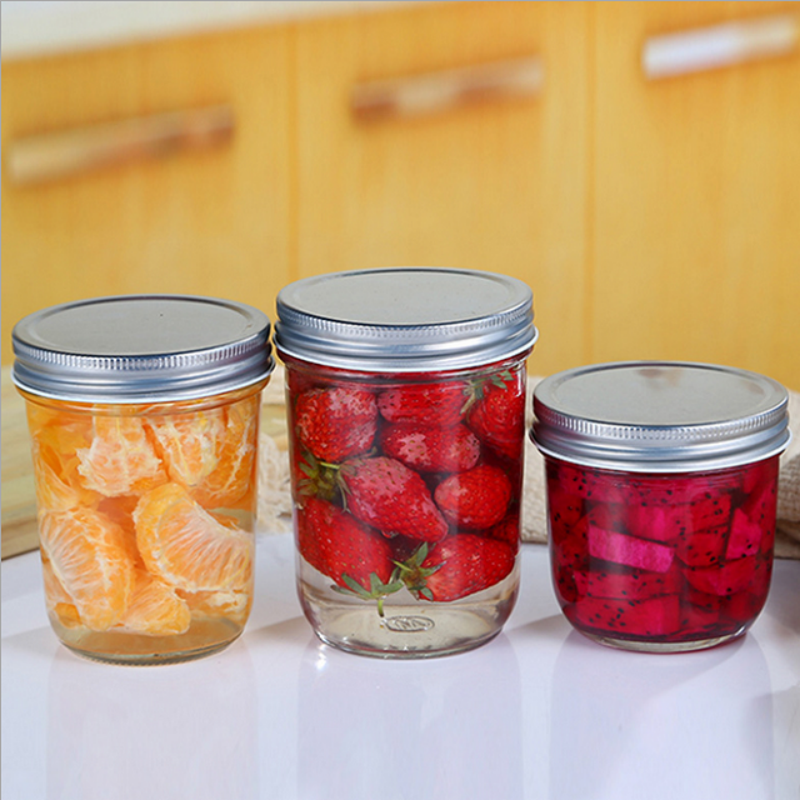
These jars come in different sizes and have a unique appearance, with the bottom size being smaller than the caliber. They also offer color and logo customization options, allowing businesses to create unique jars for their products.
Bottles:
Glass bottles are a popular choice for storing beverages such as wine, beer, and juice. They are available in different sizes and shapes, and some bottles can be sealed with corks or screw caps.
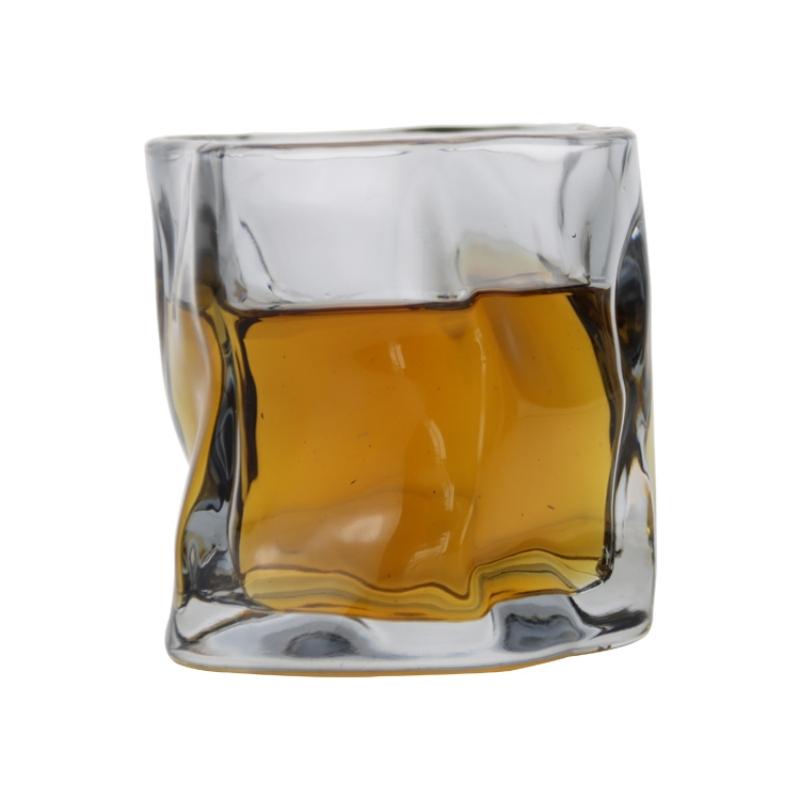
CUICAN offers a unique twisted shape whisky glass cup that is perfect for enjoying your favorite spirits. These glasses are made of lead-free sodium calcium glass, and they come in various colors.
The electroplating process makes the colors resistant to fading or peeling, and the twisted bottle body design is elegant and beautiful, making it a perfect match for whiskey, vodka, lemonade, coffee, juice, and milk.
Vials:
Glass vials are small, cylindrical containers used for storing liquids such as essential oils, perfumes, and medications. They are available in different sizes and can be sealed with airtight caps.
CUICAN offers a 30ml clear glass essential oil dropper bottle that is perfect for storing essential oils, perfumes, and other liquid products. The dropper top provides precise dispensing, and the bottle is made of high-quality glass that is safe and durable.
Choosing The Right Glass Container Type For Your Food And Beverage Product:
When choosing the right glass container type for your food and beverage product, there are several factors to consider. Here are some of the essential factors to consider.
- Product Type:
The type of product you are packaging will determine the type of glass container you need. For example, liquids such as juice or milk require bottles with a tight seal to prevent leakage, while solid products such as pasta require jars with airtight lids to preserve freshness.
- Size:
The size of the container should be appropriate for the product. For example, small vials are suitable for essential oils, while large jars are suitable for storing bulk products such as pickled vegetables.
- Shape:
The shape of the container should complement the product. For example, wine bottles are typically tall and slender, while sauce jars are short and wide.
- Cost:
The cost of the container should be considered, as it can significantly impact your bottom line. Glass containers can be expensive, so it’s essential to choose a container that is cost-effective while still meeting your product’s needs.
Tips For Proper Handling And Storage Of Glass Containers:
Proper handling and storage of glass containers are crucial to ensure the safety and quality of the product inside. Here are some tips to follow:
Handle with Care
Glass containers are fragile and can easily break. Handle them with care, and avoid dropping or bumping them.
Store in a Cool, Dry Place
Glass containers should be stored in a cool, dry place to prevent moisture from damaging the product inside. They should be stored away from direct sunlight or heat, as this can cause the glass to expand or contract and lead to breakage.
Avoid Stacking
When storing glass containers, avoid stacking them on top of each other, as this can put pressure on the containers and cause breakage. Instead, store them in a single layer or use dividers to separate them.
Final words:
In conclusion, glass containers are a versatile and practical choice for storing and displaying food and beverage products. Whether it’s jars, bottles, or vials, there are many options available to suit different products and applications.
With the added benefits of safety, hygiene, and sustainability, glass containers remain a top choice for businesses in the food and beverage industry.








